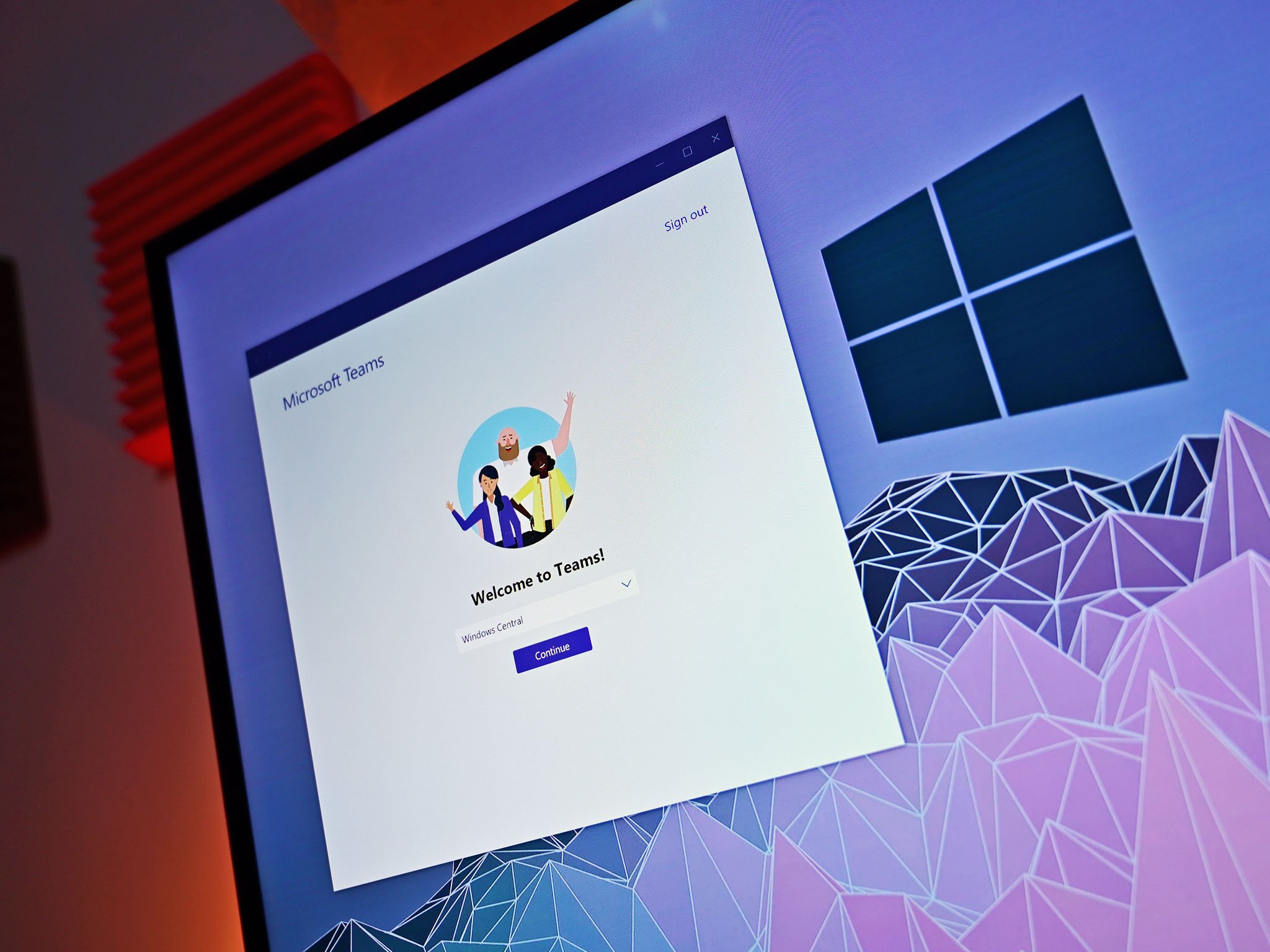Microsoft seeks to expand JEDI-like cloud contracts to foreign governments
Landing a big defense contract with the US government may only be the first step for Microsoft's role in national security.

All the latest news, reviews, and guides for Windows and Xbox diehards.
You are now subscribed
Your newsletter sign-up was successful
What you need to know
- Microsoft is reportedly seeking foreign contracts similar to JEDI.
- While JEDI is on hold, Microsoft wants to use what it has learned to offer related services to US allies.
- Microsoft has no comment, but official news may be announced later this year on the deals.
Microsoft is reportedly seeking to expand its cloud and security services to foreign governments according to a breaking report from CNBC. The deal is similar to, and based on, the existing Joint Enterprise Defense Infrastructure, or JEDI, contract with the US Defense Department. According to the scoop, Microsoft is looking to expand its "cloud-based computing and storage resources at all government security classification levels."
JEDI work has been on pause due to ongoing legal challenges from Amazon, who believe they were unfairly snubbed by the Trump administration. According to CNBC, Microsoft is using this time to broker deals with non-US governments with similar needs for classified cloud computing and secure devices that can operate offline.
According to the report:
The strategy shows that Microsoft hopes to keep widening its cloud infrastructure business by meeting public-sector needs abroad while maintaining a tight collaboration with the Trump Administration, which has helped broker a possible acquisition of part of the Chinese-owned social app TikTok.The company plans to announce the effort later this year, one person said, adding that intelligence agencies and militaries outside the US might use it. Another person briefed on the work said Microsoft already has foreign cloud government contracts, despite that it has not announced the new strategy yet. It's not clear which countries Microsoft is most focused on.
In a statement to CNBC on the matter, Microsoft declined to comment directly, but did point out its long history of deals with "… government customers using our products to enhance their services with the latest in commercial innovations, deeply engage and connect with citizens in powerful ways, and empower government employees with the modern tools they need to be more efficient and effective, and to give them time back to focus on their agency mission."
It is not surprising that Microsoft would seek to use its knowledge of working with the US to approach other governments with similar needs to upgrade and update critical national security infrastructure. The Redmond company has been reaping the rewards from its popular Azure cloud service and continued push of Microsoft 365 to business, enterprise, and government.
Microsoft already has another contract named Defense Enterprise Office Solutions, or DEOS, which is worth $7.6 billion and was also awarded to General Dynamics Corp to deploy Microsoft Teams to the Department of Defense. It seems these may become routine deals for Microsoft from now on, especially with ongoing concerns of Chinese espionage related to network technologies.
All the latest news, reviews, and guides for Windows and Xbox diehards.

Daniel Rubino is the Editor-in-Chief of Windows Central. He is also the head reviewer, podcast co-host, and lead analyst. He has been covering Microsoft since 2007, when this site was called WMExperts (and later Windows Phone Central). His interests include Windows, laptops, next-gen computing, and wearable tech. He has reviewed laptops for over 10 years and is particularly fond of Qualcomm processors, new form factors, and thin-and-light PCs. Before all this tech stuff, he worked on a Ph.D. in linguistics studying brain and syntax, performed polysomnographs in NYC, and was a motion-picture operator for 17 years.
